Join ARC for our interview with Zola Creech, author of Lesser Evils: An Animal Rights Novel.
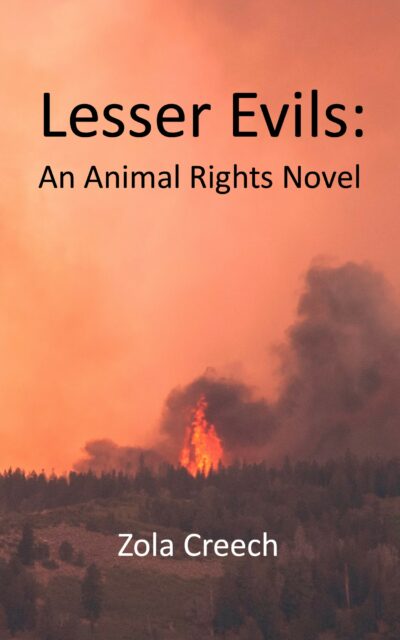
What can you tell us about Lesser Evils: An Animal Rights Novel?
Lesser Evils: An Animal Rights Novel is a psychological thriller about an ethically compromised forensics professor (Mark Blackwell) who partners with an attractive FBI data analyst (Valeriya Highland). Together they investigate a strange number of accidental deaths involving people who have been charged with animal abuse. They forensically attempt to prove the cases are the work of a serial killer and not the result of accidents. Valeriya gradually becomes emotionally drawn into the animal rights movement as the partners investigate multiple murder cases. Meanwhile, Mark battles an increasing romantic infatuation with Valeriya while simultaneously struggling to cope with her rejection of him and attempting to cover up his own personal scandals.
Lesser Evils scrutinizes our relationship with animals and the flawed thinking used to justify their exploitation. Dogfighting and factory farming practices are discussed in detail. Other less prominent animal abuse cases that result in murder are investigated to attempt to discover the killer. In the end, Valeriya must make difficult choices between upholding the law or doing what she believes is right.
What compelled you to write this book?
I became aware of the animal abuse taking place on factory farms while watching a television documentary. I was surprised that horrible treatment was the norm and even more astonished that nothing was being done to correct the situation. The mystery deepened when I found numerous books that accurately documented animal torture and abuse, marvelous works by Peter Singer, Jonathan Safran Foer, and many others. Therein lies the paradox: animal abuse is clearly recognized, yet nothing is being done! There can be only one explanation: not enough people are aware of the ugliness and horror taking place.
While I cannot match the literary and analytical elegance of Peter Singer or Jonathan Safran Foer, Lesser Evils: An Animal Rights Novel attempts to reach people who would never think to read a book about animal liberation. Using a semi-fictional story (the animal abuse is real), I created a novel that hopefully will make fiction readers more aware of the ongoing atrocities perpetrated against animals in the United States and throughout the “civilized” world.
What informed your process while writing this book?
I read numerous books on animal rights and studied the available literature on factory farms and other types of animal abuse. The challenge involved incorporating animal rights concerns while not overwhelming the reader to the point where the novel had become a dissertation on animal abuse.
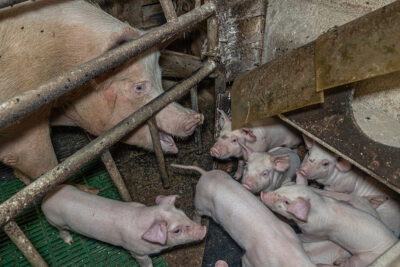
Andrew Skowron / We Animals Media
Did anything surprise you?
I was stunned at discovering that some states have passed Ag-Gag legislation that criminalizes animal abuse whistleblowing in agricultural facilities. In these states, the government is a co-conspirator/accomplice to systematized animal suffering. One of my characters discusses this problem in the novel. I was also dumbfounded by the widespread reluctance of authorities to prosecute all types of animal abuse when both state and federal statutes would have authorized it.
Who is your favorite character in this book, and why?
Valeriya Highland is my favorite character. She begins an eye-opening journey that transforms her into a completely different person. Throughout the story, Valeriya struggles with questions of loyalty, right and wrong, good and evil, and immorality masquerading as virtue. Her thought processes during this voyage are well articulated and are the heart of the book.
The main dog character in this book is named Shiloh. Is there any significance to this name? What about other dogs in the book?
Shiloh was my mother’s beloved dog, a Norwegian Elkhound who loved to frolic in the snow. The white pup described in the novel belonged to me, a feisty Maltese (rescued at age three) named Little Bear. Little Bear had the courage of a lion and was a superb watchdog. He loved to chase rabbits. The third dog appearing in the book, Silver Bells, was based on a childhood pet of mine, a brilliant mixed breed. Silver Bells would bring her leash and place it at my feet whenever she wanted to go for a walk. She lived for 18 years.
What about the book title – is there anything that led to that particular title you would like to share?
The title Lesser Evils has a dual significance. Firstly, many people have the misguided notion that mistreating animals is somehow a lesser evil, something unworthy of serious attention. Secondly, one of the primary characters in the novel tells Valeriya, “That’s what the important decisions in life are all about, choosing lesser evils.” Ultimately, Valeriya solves a complex problem by choosing the lesser evil.
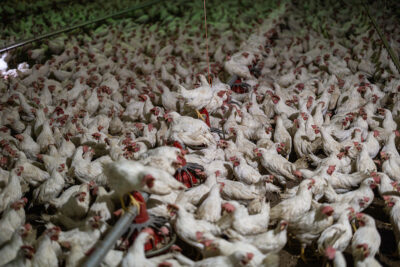
Andrew Skowron / We Animals Media
The book is a real page-turner and will probably keep readers up late at night, but it also skillfully portrays the plight many animals face today. What first sparked your compassion for animals?
I have always loved animals. There was never a time when we didn’t have dogs or cats in our household. I cringed when seeing news clips of animal suffering on television; however, I had no idea that much of the food placed before us was derived from ghastly animal suffering. Once the horrors of factory farming and other animal abuse became clear, I wanted to do something beyond changing my eating habits. Donating to animal charities is also an integral part of my life.
We think the answer to this question should be everyone, but who do you think should read this book?
This novel will appeal to readers who like psychological thrillers and surprise endings with an unconventional twist. The animal rights theme is stated in the title, giving notice that I intend to enlighten the unenlightened, to show the chamber of horrors that many animals deal with on a daily basis. This is serious reading for any right-minded person who has compassion for animals.
Will there be a sequel?
I am working on the sequel, which will carry over two main characters. Here again, there will be an essential moral theme.
What has been your favorite feedback about the book so far?
Readers say the book is well-researched and have lauded the forensic accuracy and background details, making the narrative seem real. Readers have told me they appreciate a morally serious and underreported situation tucked neatly into a highly entertaining story.
What do you wish every reader of this book would know or think about?
There is widespread animal suffering throughout America and the rest of the world. Much of this is related to the exploitation of any available creature for profit. Puppy mill breeders sell puppies whose parents have been kept in torturous environments with scant food, little water, and often no medical care. Dogs are left to die excruciating deaths when no longer “useful.” Animals are abused in “entertainment” fields as well—dog fighting, greyhound and Iditarod races, some amusement parks, and roadside zoos. The list is endless. And, of course, much animal torture is related to producing meat, dairy, or poultry products as inexpensively as possible.
Animals are intelligent creatures who deeply care for their young and feel pain. Their very existence enriches our world, and we are forever connected to them. With a bit of thought, we can opt for those choices that simultaneously minimize harm to them while enhancing our lives.
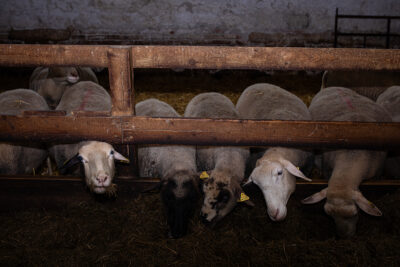
Zuzana Mit / We Animals Media
Where can people find and review this terrific book?
The novel is available on Amazon as an e-book, paperback, or hardcover. The first two chapters can be read at Amazon for free. The author is donating all Amazon royalties for this novel to Animal Rescue Corps. Zola Creech can be reached at Bear3690@aol.com.
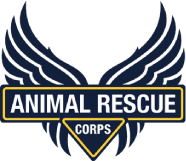

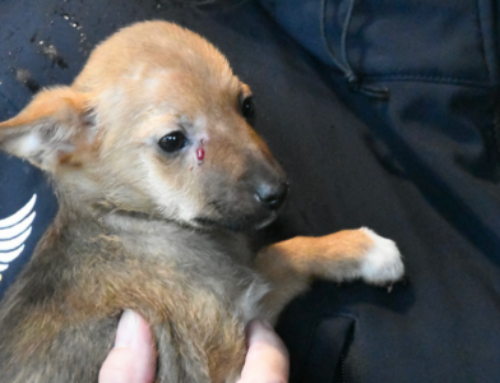
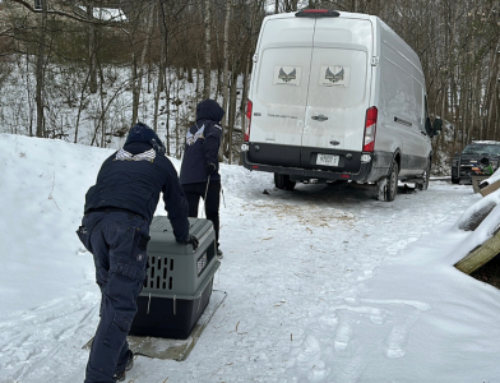
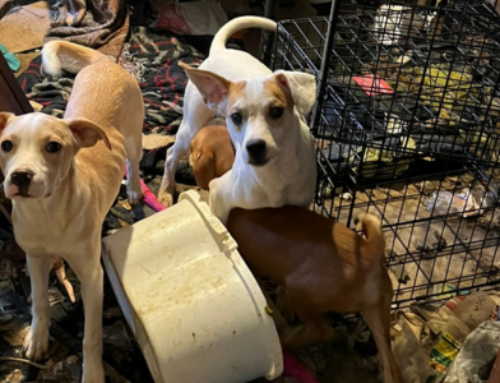
I am interested in learning more about your organization and how I can help. I have no web
Thank you so much for reaching out and wanting to get involved with Animal Rescue Corps to help animals! ARC is a nonprofit funded solely by the generosity of compassionate donors and we rely extensively on volunteer help. Here are some of the most popular ways to get involved and help animals with ARC:
Donate: bit.ly/ARCgive
Subscribe: animalrescuecorps.org/subscribe
Volunteer (we have a Rescue Center outside Nashville, Tennessee, but we rescue across the US and beyond and can always use good volunteers across North America): animalrescuecorps.org/volunteer
Continue your help with a legacy gift: bit.ly/ARClegacy
Spread the word: tell your friends and family about ARC
Thank you so much for helping animals and all of your compassion.